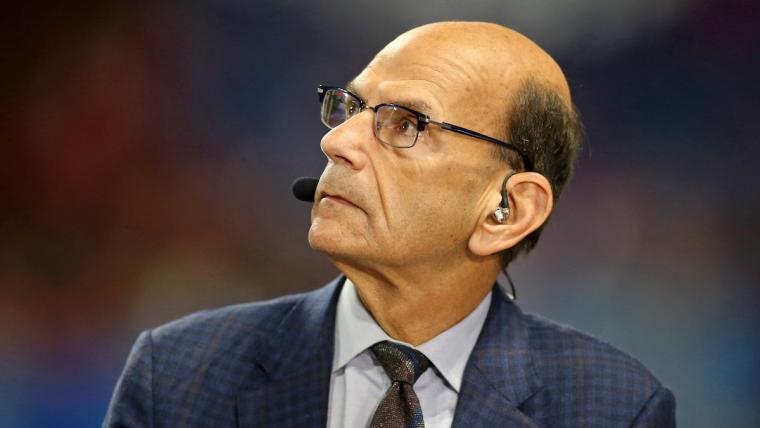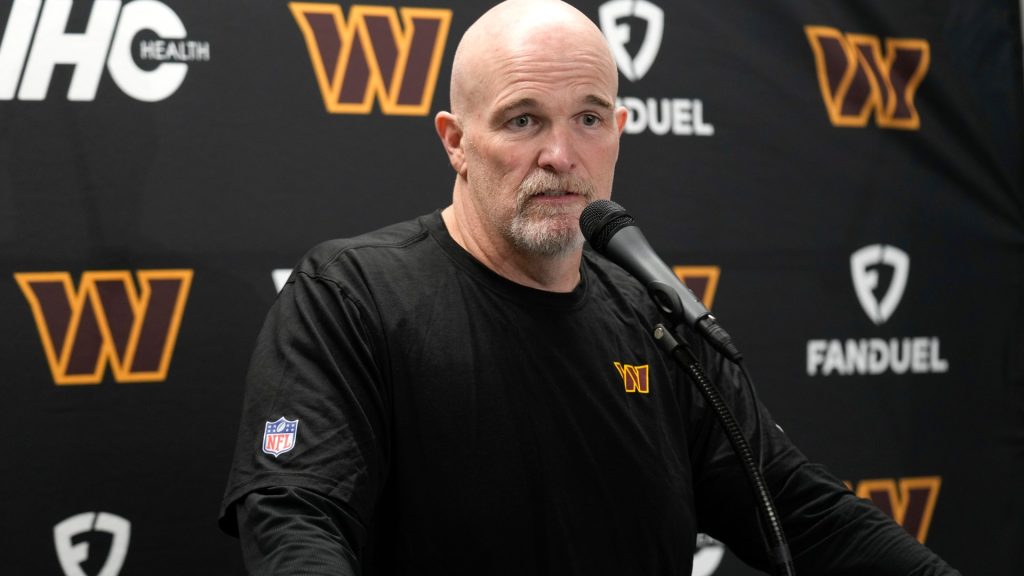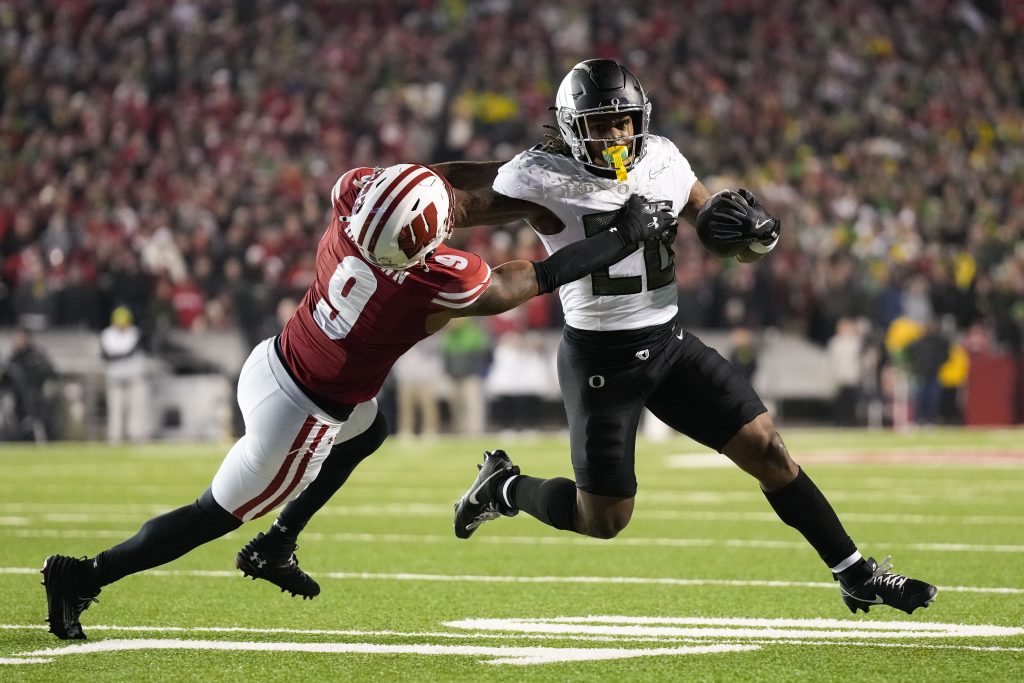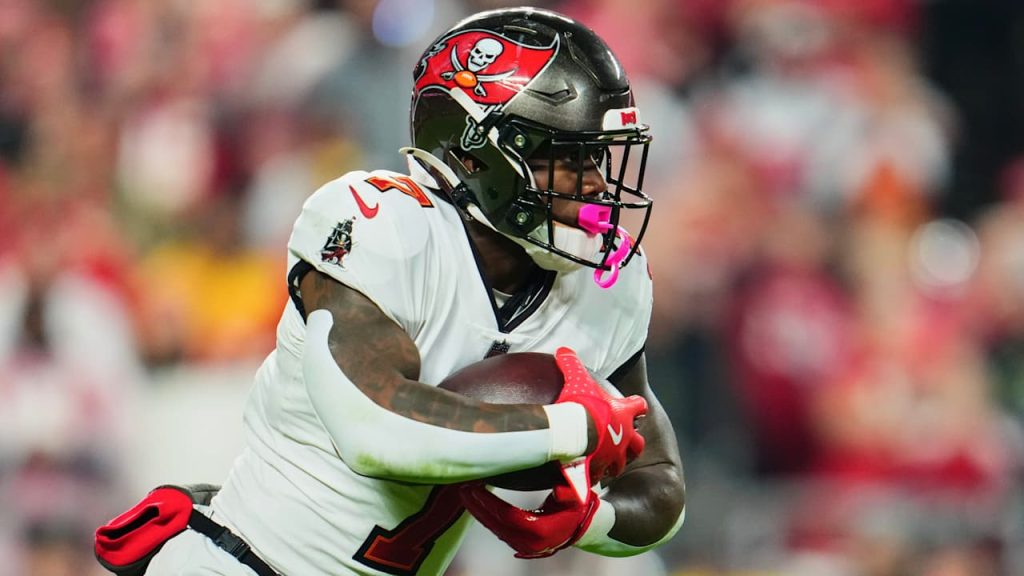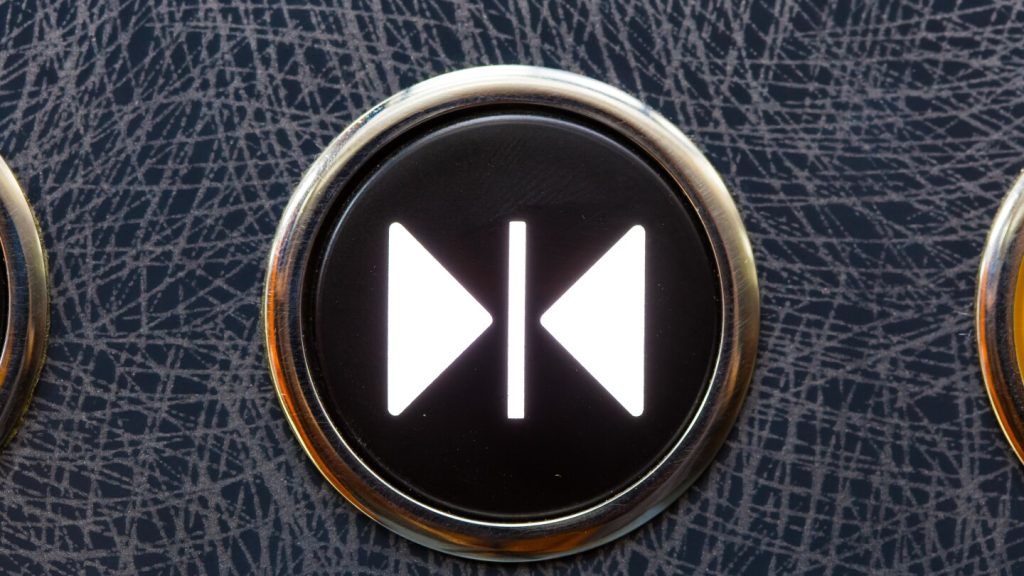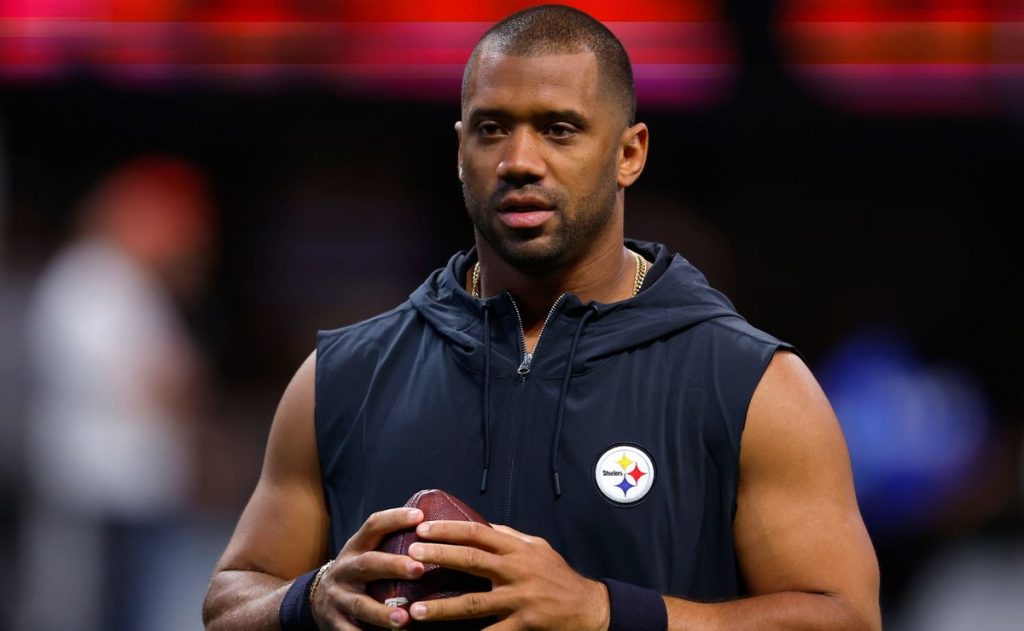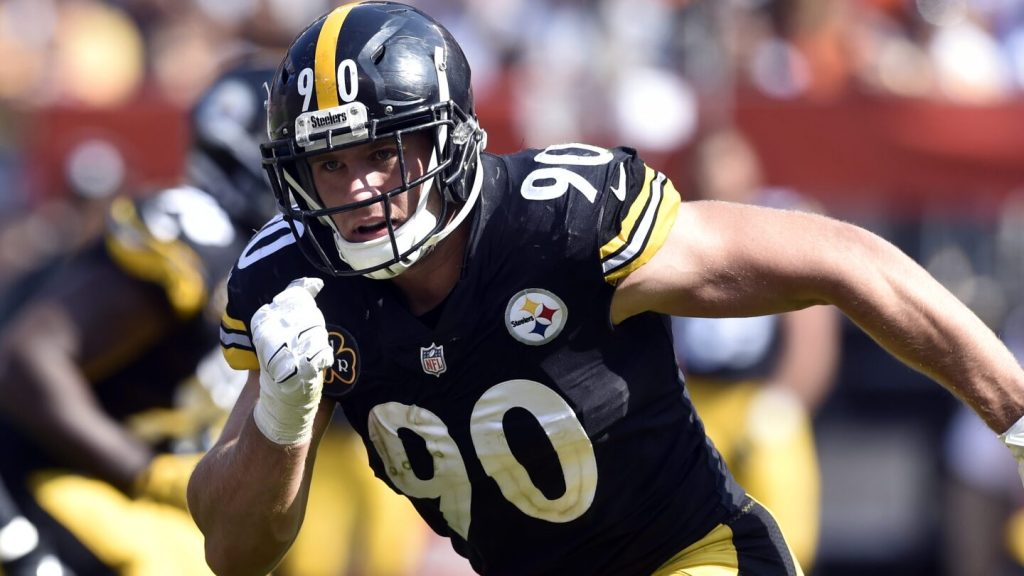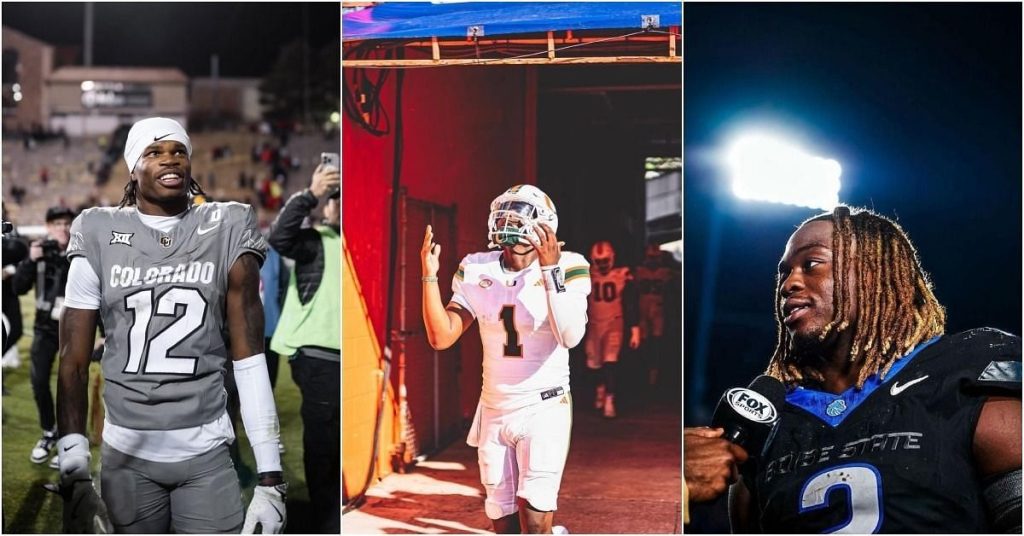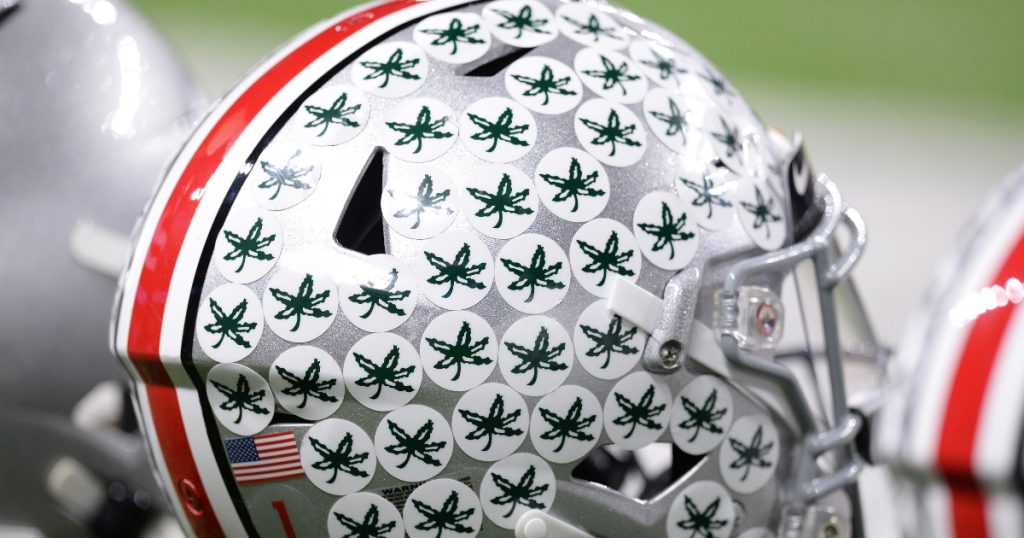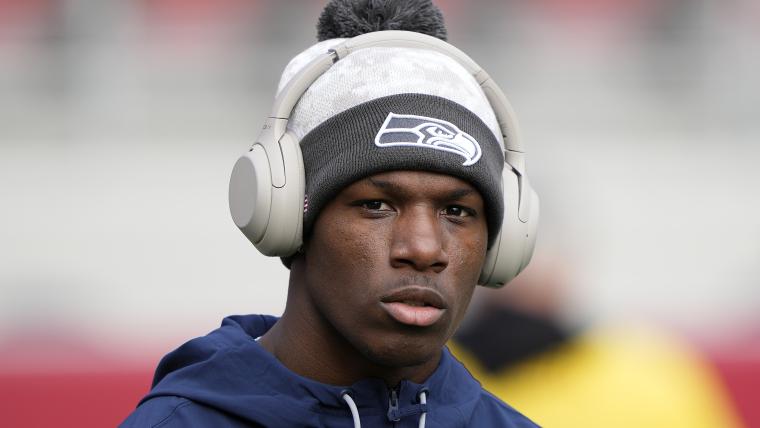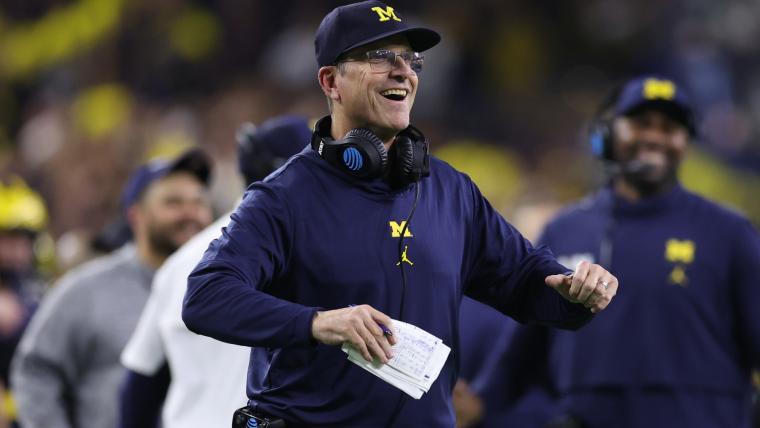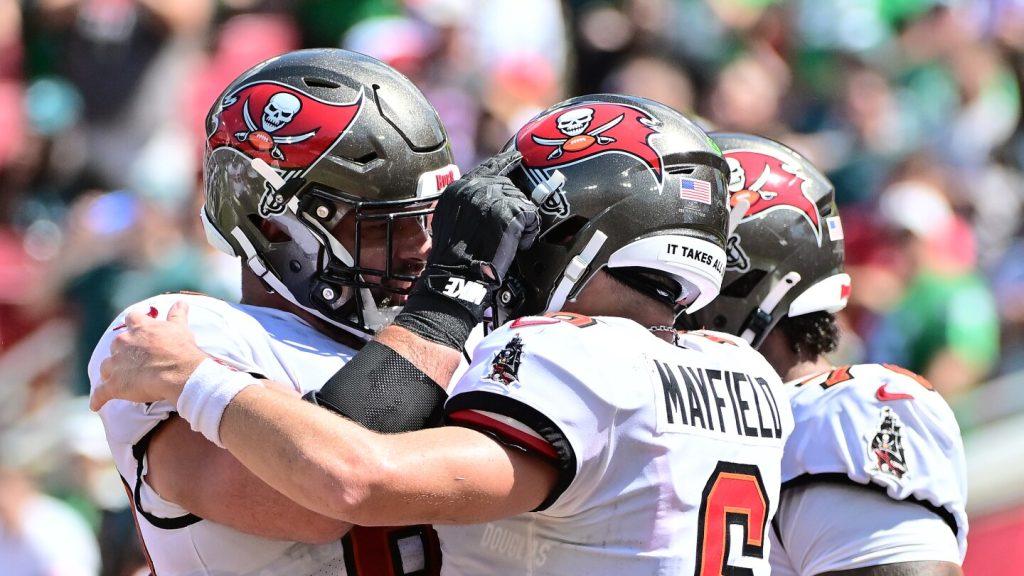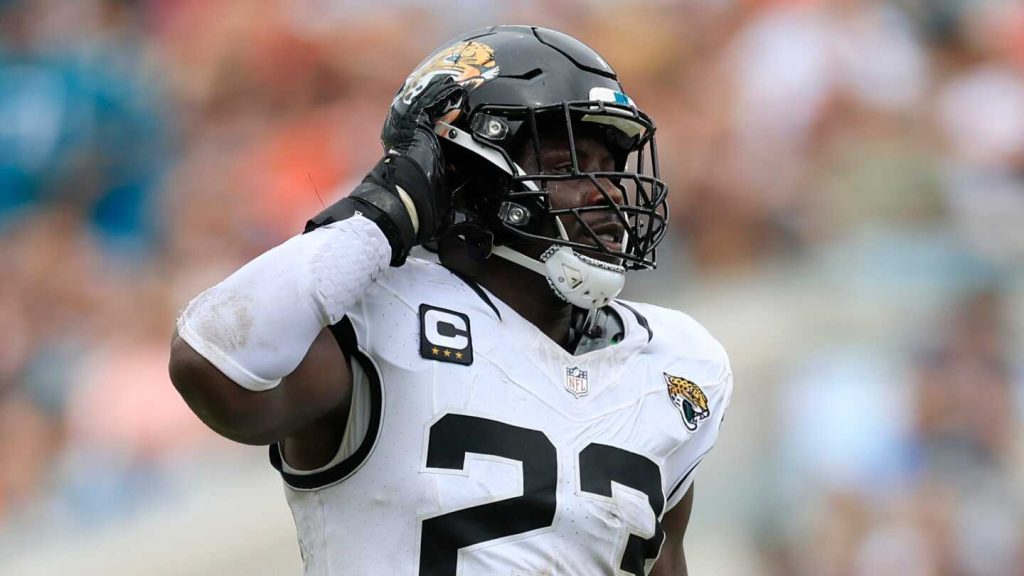In the dynamic world of college football, the conversation surrounding Name, Image, and Likeness (NIL) has reached a fever pitch. As the sport evolves, many voices are expressing concern over the implications of this new era. Among them is ESPN’s Paul Finebaum, who has voiced his frustration over the growing obsession with NIL, particularly among some of the sport’s most lucrative programs.
The Growing Concern Over NIL
Finebaum’s worries stem from the unregulated nature of NIL deals, which he believes could lead to a significant decline in the sport’s popularity. He argues that if changes aren’t made soon, college football may face a "painful drought" in fan engagement. “A gradual turn-off,” he describes the potential shift in fan perception. “What wasn’t a problem a couple of years ago is now an existential threat to the future of college football.”
Leadership and Cohesion Issues
One of the most pressing issues Finebaum highlights is the lack of leadership and cohesion within college football. He points out that conferences and schools are not aligned on what constitutes fair or ethical athlete earnings. This disarray is only exacerbating the problems at hand. “We may have started at DEFCON Five. We are now moving toward DEFCON Two, and I think DEFCON One. The bells and sirens are going to be ringing very soon,” Finebaum warns.
Coaches Weigh In on the NIL Debate
The concerns expressed by Finebaum are echoed by coaches around the country. Ohio State head coach Ryan Day recently discussed the challenges posed by NIL on "The Joel Klatt Show." He emphasized the current state of enforcement—or lack thereof—surrounding NIL regulations. “I’m not talking about tampering,” Day clarified, “but in general… Any rule right now. The enforcement just isn’t there.”
The Next Generation of Coaches
Day’s comments reflect a broader sentiment among coaches who are worried about the future of the sport. He noted that a new generation of coaches is emerging, one that may question the need to adhere to the rules when they see others bending or breaking them. “There needs to start becoming some sort of penalties for breaking the rules,” Day asserted. Without accountability, he fears that young coaches will disregard established standards, leading to further chaos in college football.
The Impact on Fan Engagement
As these issues continue to unfold, the question remains: how will this affect fan engagement? College football has long been a beloved pastime for millions, but with the current trajectory, Finebaum believes that the sport risks alienating its core supporters. The passion that fans have for their teams could wane if they perceive the game as being overshadowed by financial interests rather than the love of competition.
The Importance of Ethical Standards
The conversation around NIL also raises critical questions about ethical standards in college athletics. Should athletes be compensated for their likeness? Absolutely. But how these deals are structured and regulated is crucial. Finebaum and Day both emphasize the need for a unified approach to NIL that prioritizes fairness and integrity.
A Call for Action
As the landscape of college football continues to shift, there is an urgent need for action. Stakeholders—from athletic directors to conference commissioners—must come together to establish clear guidelines that protect the integrity of the game. The future of college football depends on it.
The Road Ahead
For now, the challenges surrounding NIL and its implications for college football are far from resolved. The sport stands at a crossroads, and the decisions made in the coming months will shape its future. Will college football embrace a new era that balances athlete compensation with the traditions that fans hold dear? Or will it spiral into a chaotic free-for-all that alienates its most passionate supporters?
As we look ahead, one thing is clear: the dialogue surrounding NIL and its impact on college football is just beginning. With voices like Finebaum and Day leading the charge, there is hope that the sport can navigate these turbulent waters and emerge stronger than ever. The stakes are high, and the future of college football hangs in the balance.

